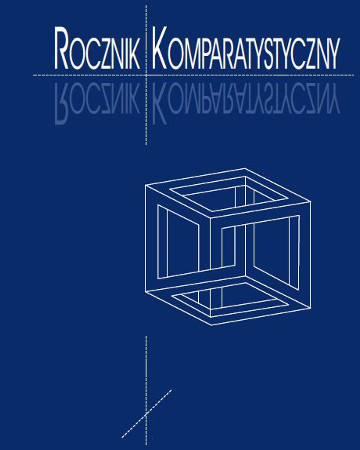Abstract
In the Anthology of New British Poetry (Antologia nowej poezji brytyjskiej) prepared
by the Polish poet and translator Piotr Sommer in 1983, the term “Barbarians” is used
in reference to the poets from “the islands” who started writing poetry in the 1960s or
at the turn of the 1960s, and who came from “the fringes of the official culture,” fringes
designating primarily their class background. Sommer writes about “Barbarians” in
a much wider context than English literary critics, who reserve the term “Barbarians”
to refer to Douglas Dunn and Tony Harrison. Sommer deems the distinctive style
of the “new” English poets to be standing in opposition to what “in poetry is mannerly”—
universally, academically-canonical. Instead, “barbaric” poets bring their own
locality, particularity, their own sense of historicity and, most critically, their language.
Exploring Polish translations of poetry written in the English language, I am most interested
in the search for poetic affinity and of language and poetic stance. I claim that
in the 1980s and the 1990s, through the use of a personal and “localized” language, the
work on the syntax of the spoken phrase and—what is even more important—through
their relaxed attitude towards the typically Polish romantic call to testify on behalf of an
imagined public community, Bohdan Zadura, the translator of Tony Harrison’s poems,
and Piotr Sommer, the translator of Douglas Dunn’s poems, contributed to a significant
enhancement of the idea of poeticity in Poland.





